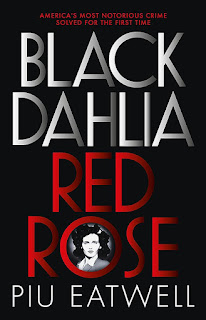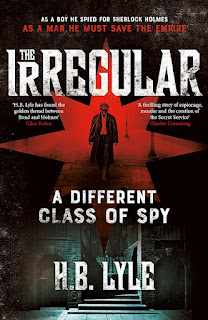Three Days and a Life - Pierre Lemaitre

But for a few references to Playstations, Transformers and Spiderman, Pierre Lemaitre’s Three Days and a Life could easily pass for one of George Simenon’s timeless small-town murder thrillers. There’s the same observations made about the nature of provincial communities in Lemaitre’s novel, where simmering tensions and suspicions are stoked up in the small town of Beauval in 1999 when a 6 year old boy called Rémi Desmedt goes missing. As is often the case with such situations in Simenon’s small town crimes, the killer is already known and rather than the police investigation being the focus of the story, it becomes more about how the killer and the community respond to the events. On the one hand it brings out the underlying prejudices and suspicions that thrive in such places. Fingers of suspicion are pointed at ‘outsiders’ like shop owner Monsieur Kowalski, commonly known as Frankenstein, (“You only have to look at him”) and at one of the local school teachers M. Guénot suspected o



